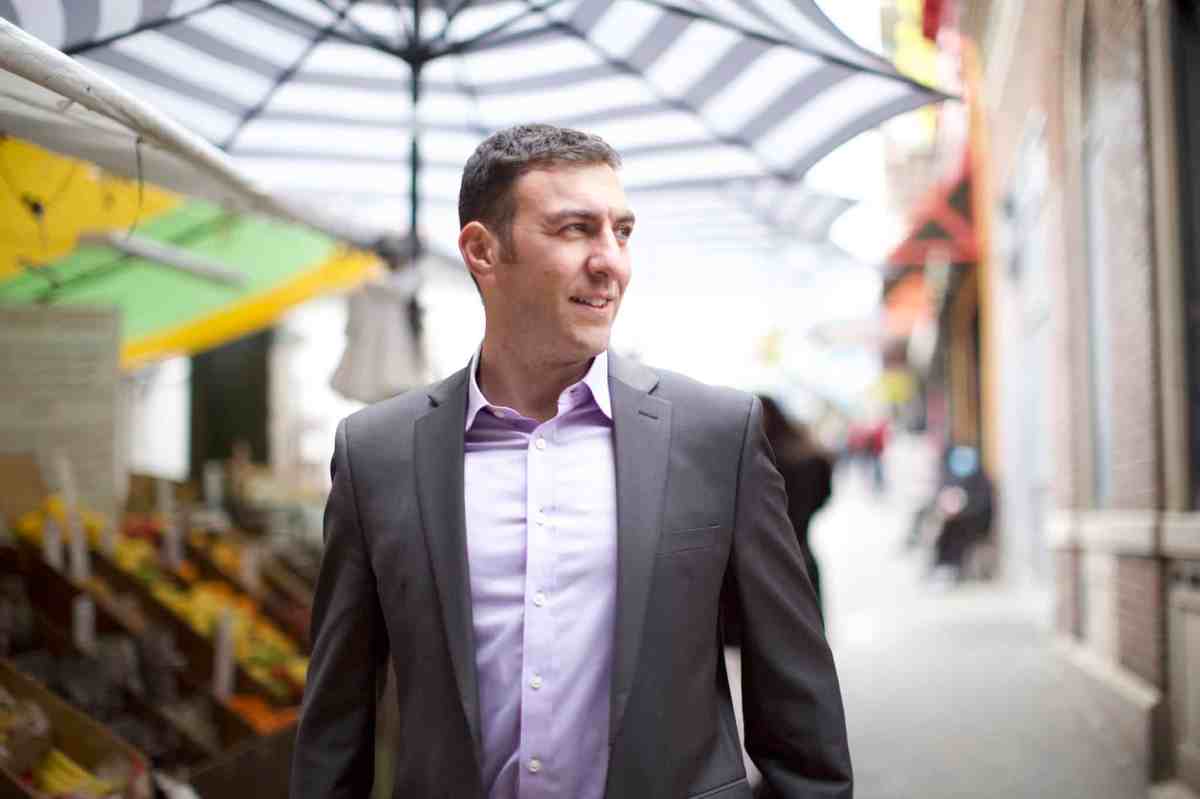Safety is not a concern that is new to Jewish New Yorkers.
Scarred by the vandalization of synagogues in my home district in the Bronx, the fatal stabbing of a rabbi in Monsey, New York in December 2019 and a shooting in a Jersey City Kosher supermarket just weeks before the Tree of Life Synagogue shooting on October 27, 2018, and many more recent incidents, our community has thought twice before leaving the house wearing a Kippah, tucked our Magen David necklaces into our shirts on the subway, and interrogated the security arrangements at our Shuls and Shabbat dinners. This sentiment has been even more at the forefront since the Hamas attack on Israel on October 7, 2023 and the wave of worldwide antisemitism that followed.
In the city with the largest Jewish population outside of Israel, we should not be forced to hide our identity or question our safety. We are lucky to have a partner in the NYPD and to trust their ability to provide security at our places of worship. Community leaders across the five boroughs work closely with their precinct commanding officers, community affairs officers, and neighborhood coordination officers to keep our communities safe.
As a lifelong Jewish New Yorker and Chair of the City Council’s Jewish Caucus, I could not in good conscience support legislation that would interfere with the NYPD’s ability to keep us safe.
Introduction 586-A of the How Many Stops Act (HMSA) will increase police transparency and allow us to have more data-driven community conversations about policing in our city in a way that will improve the safety and well-being of all New Yorkers. I voted to override the Mayor’s veto of this bill because I am confident that it will foster those conversations without adding to burdensome administrative tasks.
The How Many Stops Act builds on a slate of actions taken by this Council that make Jewish New Yorkers safer, such as the passage of Resolution 487, recognizing April 29th as End Jew Hatred Day annually in the City of New York, oversight hearings on the citywide response to the surge in hate crimes and discrimination, holding CUNY accountable for antisemitism on their campuses, funding for a variety of public safety initiatives across the city’s Jewish community, and more.
The Council has been unwavering in its efforts to support New York City’s Jewish community and keep us safe. We have presented the facts while advocating for legislation that is in the best interest of our constituents.
It cannot be stressed enough that the Adams Administration’s claims that this bill would overburden the NYPD with paperwork and take them away from their important jobs are not accurate. Patrol officers already record video of all investigative encounters, including Level 1 and 2 stops, and as part of their regular duties, return to their station and review that footage to log it. In many cases, they already document the demographic information of the person they stopped. This legislation does not require officers to stop their important work of keeping us safe to fill out a form – it requires them to share data with the public, most of which they are already collecting.
The notion that the HMSA will create unnecessary paperwork, delay response times, and make New Yorkers less safe is baseless. Officers currently have to log their investigative encounters for Level III stops, and there is currently no requirement that they do that in real time. Similarly, there is no requirement in this bill that officers document their other investigative encounters in real-time. What is currently missing is a requirement to report. Increased reporting is a critical component of informed decision making, and is what will allow the NYPD to best serve our City.
It is also worth mentioning that the NYPD often requires their officers to fill out multiple forms for a single incident that may require the input of identical information. In some cases, officers are required to fill out forms by hand, then separately enter them into a computer. NYPD’s problem with paperwork lies not in a new reporting bill, but in their own internal procedures. The administration and the NYPD will determine the best way to implement this law, though if they were truly concerned about the amount of time an officer takes filling out forms, they would conduct an internal audit of their own data collection processes.
Transparency is not in conflict with public safety, as critics have charged. In fact, it helps make New York City safer for all of us by building community trust with law enforcement, including with the Jewish community. The reporting required in this legislation will be beneficial to police work for years to come and allow us to have critical, data-driven conversations that help our brave officers.
The safety of my community is a top priority, and I am proud to be a supporter of legislation that furthers that goal.
Council Member Eric Dinowitz serves as Chair of the Jewish Caucus and the Committee on Higher Education, and represents District 11 in the Bronx






































